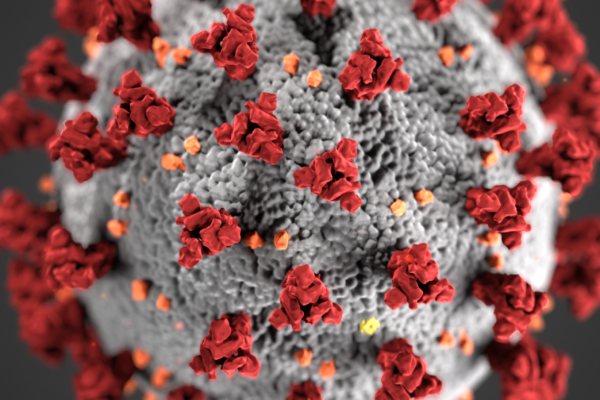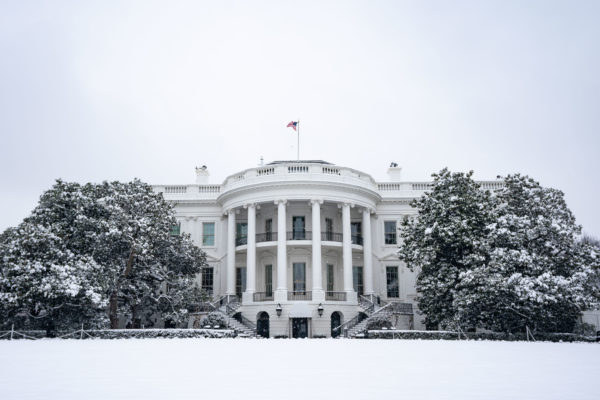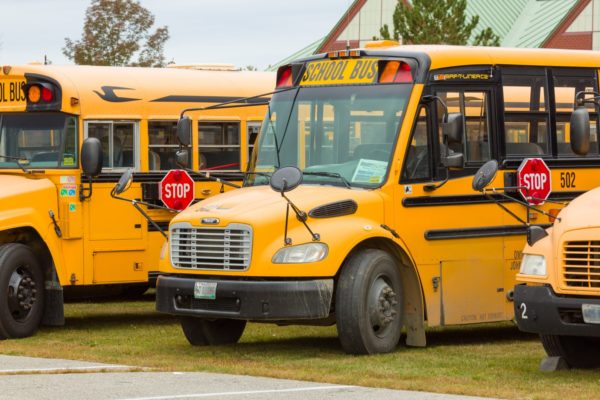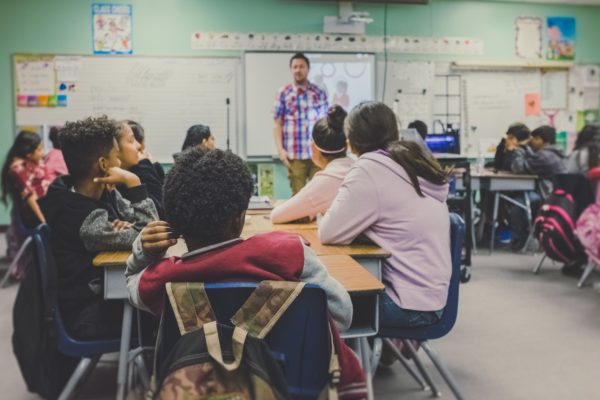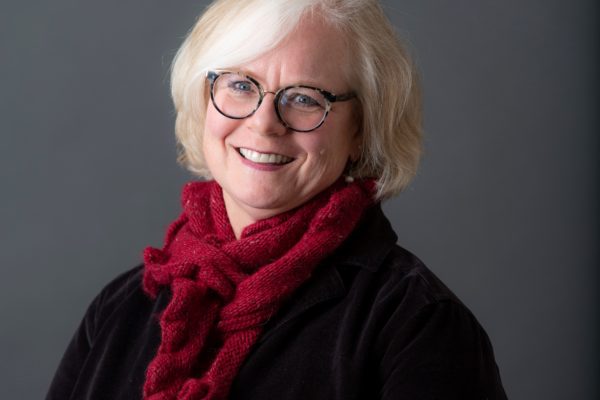As the world determines how to handle the escalating outbreak of COVID-19, education leaders across the country are facing difficult and enormously impactful decisions. We hope this resource guide will assist educators and school practitioners in developing comprehensive plans for students with disabilities and creating effective and high-quality learning environments for all during this evolving national transition.
With the World Health Organization officially declaring that COVID-19 is a pandemic, a new sense of urgency has been introduced and we anticipate more schools will be closed. With this eventuality in mind, schools must think through the following critical considerations as they develop plans to educate students with disabilities.
The Center calls upon Congress to reject the White House’s Fiscal Year 2021 budget, which proposes to completely decimate federal support for public schools, threatening access for students in every state.
In a statement in response to the Trump Administration’s promotion of the Education Freedom Scholarships program, the Center urged he Administration and Congress to only support regulated school choice so that parents can make decisions that will not limit or eliminate their child’s civil rights.
Together, two recent reports on special education by the US Government Accountability Office (GAO)—Varied State Criteria May Contribute to Differences in Percentages of Children Served (April 2019) and IDEA Dispute Resolution Activity in Selected States Varied Based on School Districts’ Characteristics (November 2019)—highlight the disturbing fact that the structures governing special education can contribute significantly to outcome disparities based on a student’s race and privilege.
The Center is thrilled to announce that Co-Founder and Executive Director Lauren Morando Rhim has been named to the winter 2020 cohort of Pahara-Aspen Education Fellows. This two-year fellowship, a highly selective partnership between the Pahara and Aspen Institutes, brings together innovative and equity-focused education leaders for deep learning, connection, and collaboration aimed at tackling the toughest challenges in public education.
On January 7, the Center submitted public comments to the District of Columbia’s Office of the State Superintendent of Education (OSSE) regarding proposed amendments to Chapter 30 (Special Education) of Title 5-A in the District of Columbia’s Municipal Regulations.
As we prepare for the urgent work of 2020, we’re taking a moment to reflect on the highlights and accomplishments of the last year. It was a year of significant growth for the Center, with new initiatives at the programmatic and policy levels, new staff, and renewed energy for our mission of ensuring that students with disabilities are able to fully access and thrive in charter schools.
As we evolve into an increasingly global and information-rich economy, the promise of virtual learning is enticing. Unfortunately, the reality falls short of the promise, and far too many virtual providers are attempting to hide behind the profile of their students as an excuse for low performance. Recent developments in Nevada highlight the dangers of this trend.

